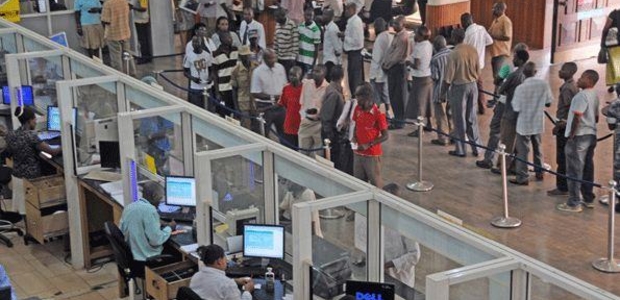
The African Development Bank has virtually launched its new policy on water in a virtual ceremony.
The event, held 22 June was attended by Acting Vice President for Agriculture, Human and Social Development Atsuko Toda, and Osward Chanda, Acting Director, Water Development and Sanitation Department.
In her opening remarks, Toda underscored the importance of the water policy to the Bank’s efforts to improve the lives of Africans.
“This new water policy provides a general framework for the African Development Bank Group’s water sector. It is based on a strong appreciation of the causal relationship between water security and economic growth,” she said.
Toda said the policy aims to improve Africa’s water security and transform its water assets to foster sustainable green and inclusive socio-economic growth and development.
“The Bank is committed to a water-secure Africa where there is the equitable and sustainable use and management of water resources for quality socio-economic transformation,” she added.
Climate change-induced water scarcity could cost the Sahel up to 11% of gross domestic product, spur migration, and spark conflict, Toda said. “Water is a key factor in managing risks related to famine, pandemics, migration, inequalities within and among countries, and political instability,” she added. Investing in the water sector will also be critical to achieving the UN Sustainable Development Goals.
Chanda said the policy focuses on other topics such as water supply, sanitation, and hygiene – also known as WASH – water for food and water for energy, and transboundary water management.
James Kinyangi, Coordinator of the Climate for Development Africa Special Fund at the Bank, praised the new policy for addressing climate-related vulnerabilities in the water sector. He specifically mentioned how climate change adaptation in local and national plans for water-energy development is reflected in the document.
Neeraj Vij, the Bank’s Agriculture Sector manager for the Southern Africa region, said the policy is timely as it introduces new areas of focus and addresses the cross-cutting nature of water resources management.
Participants agreed to support the establishment of an internal coordination mechanism for water-related interventions. Panel organizers said the mechanism’s goals would be to maximize the impact of Bank resources and promote coordination in water-related interventions across sectors.




